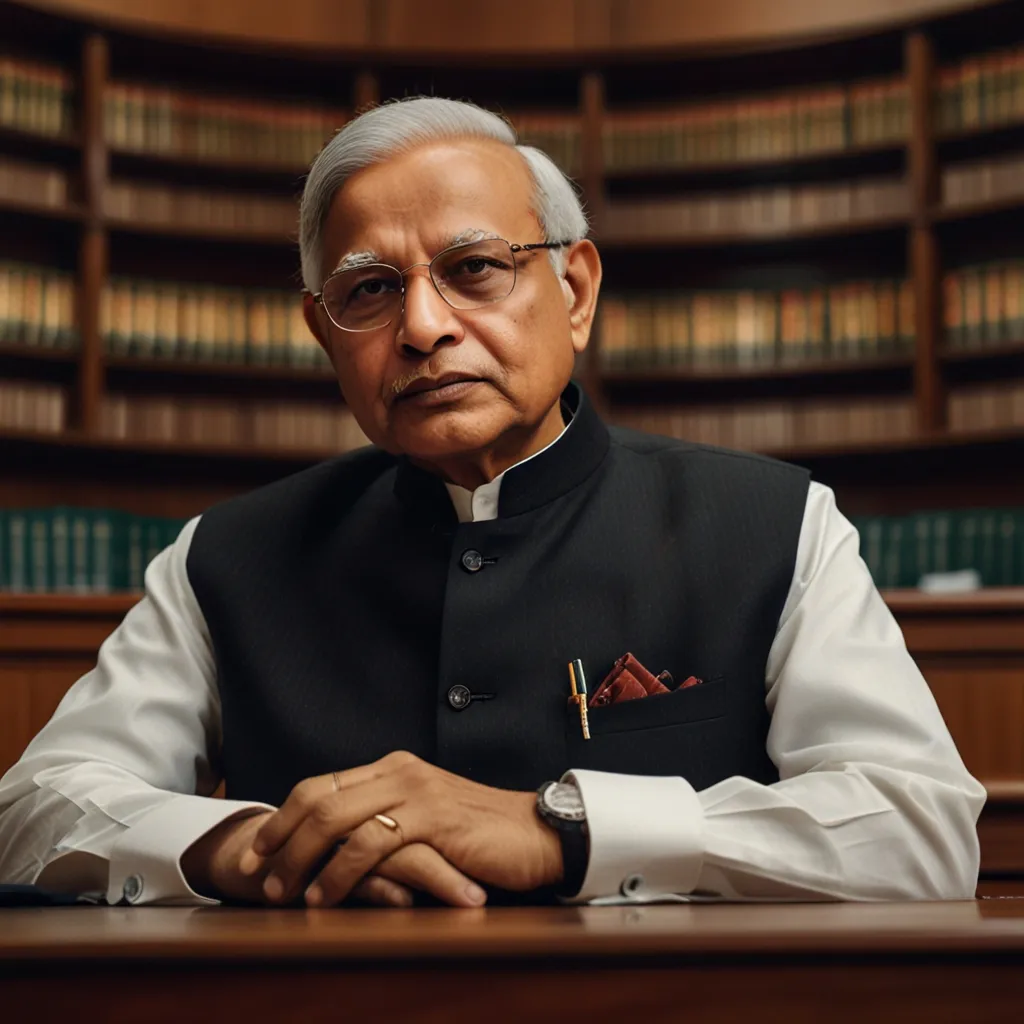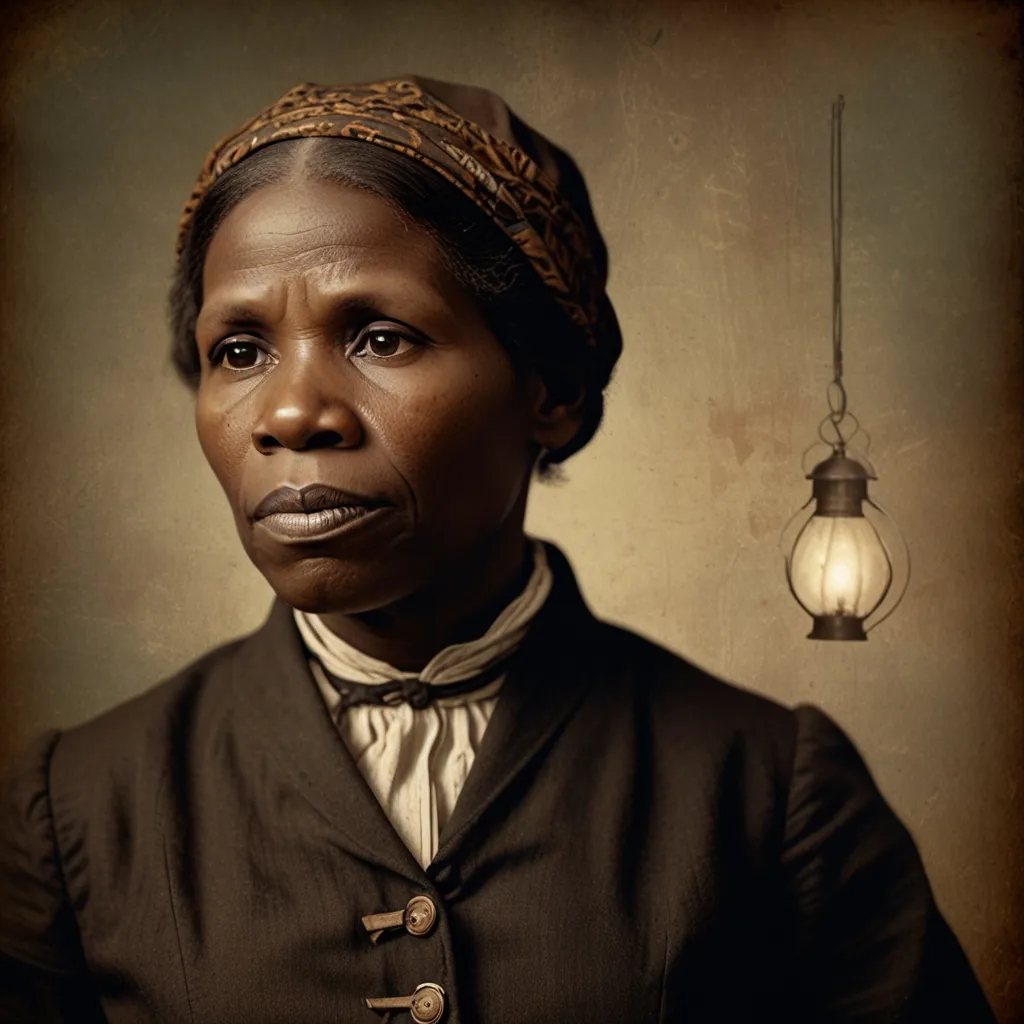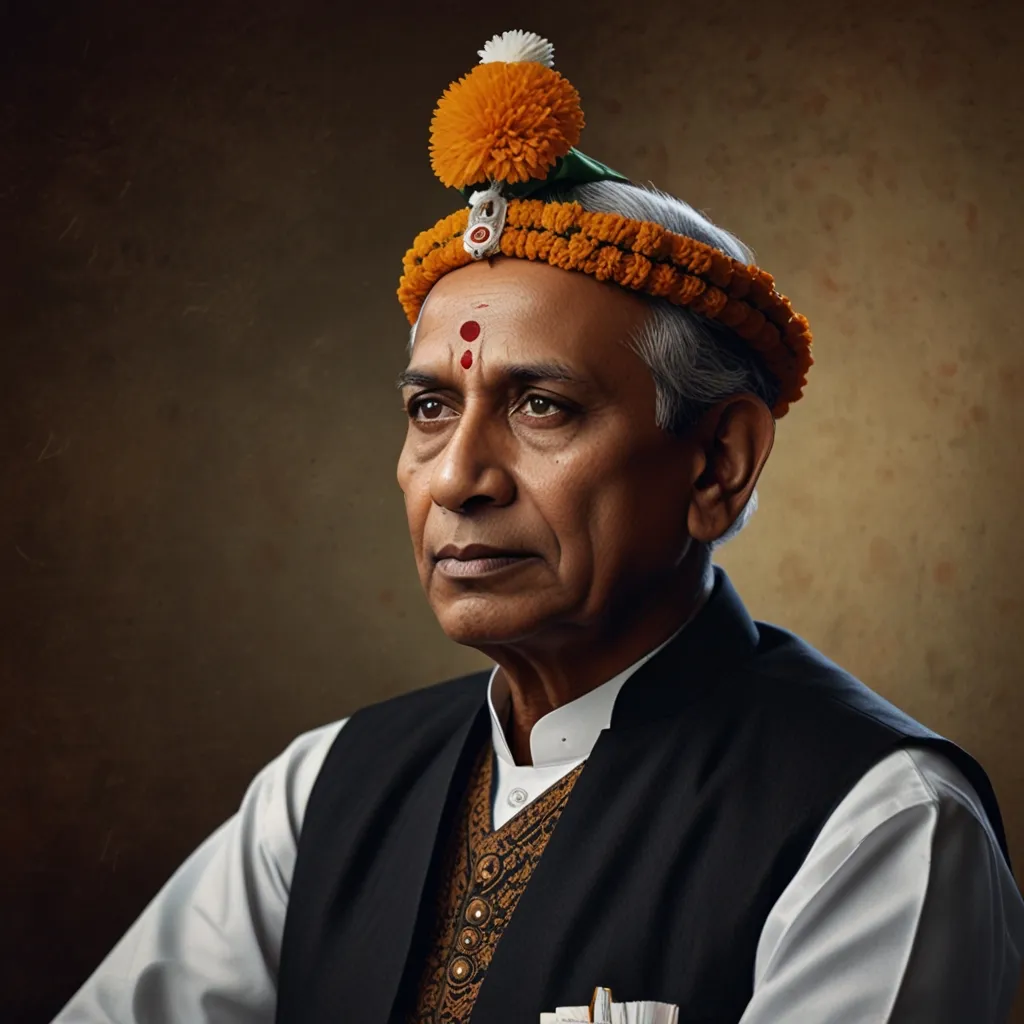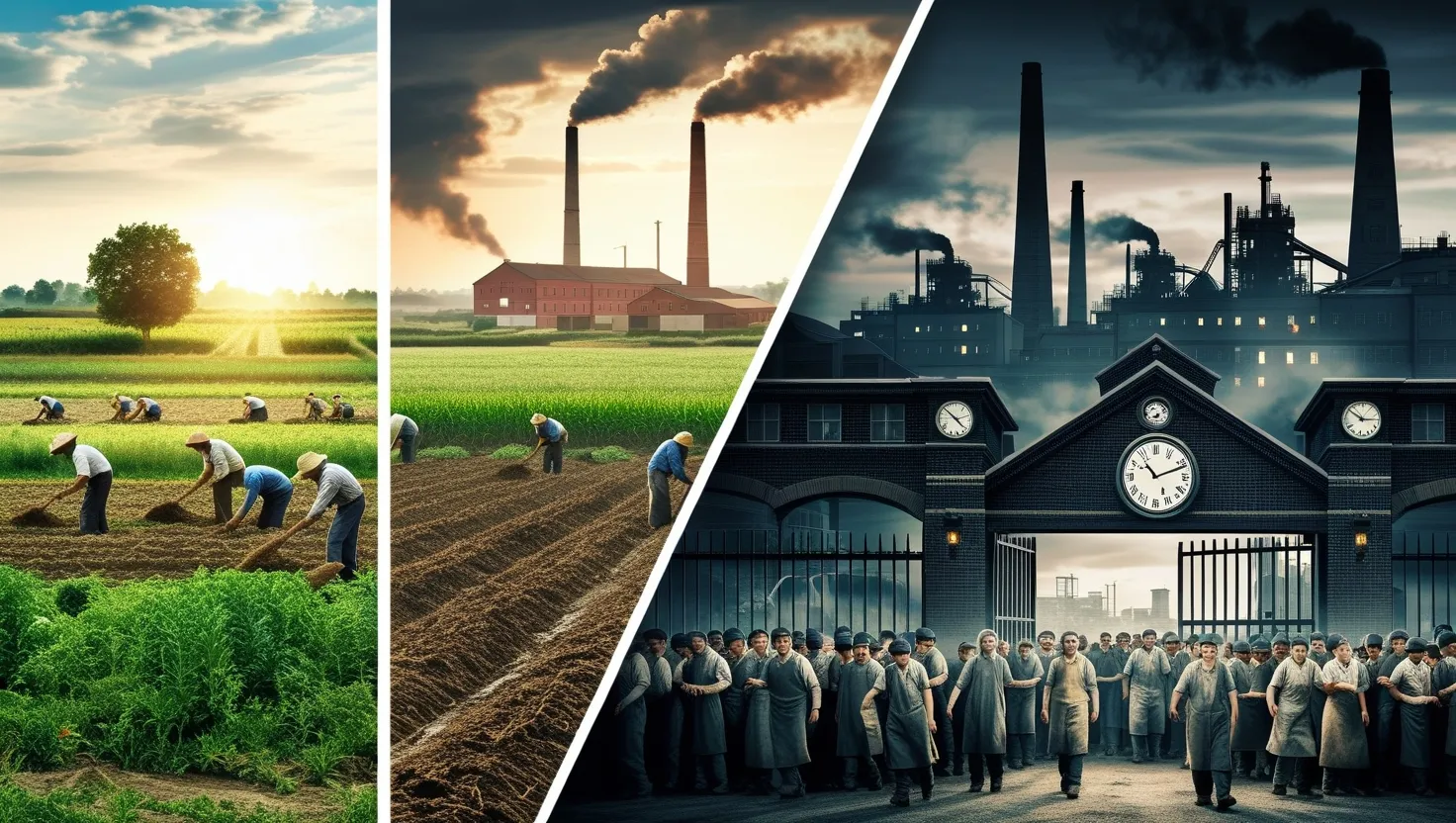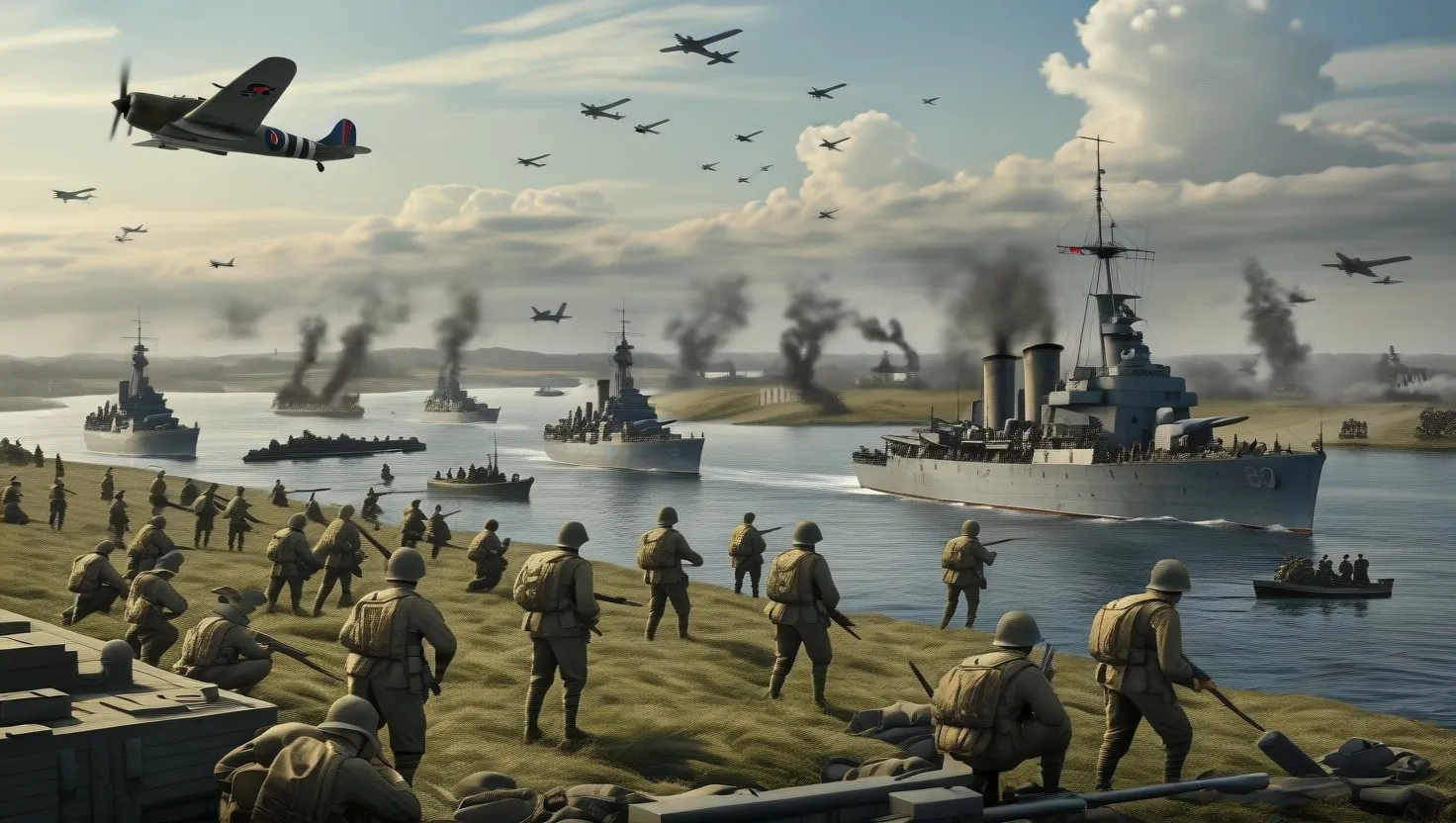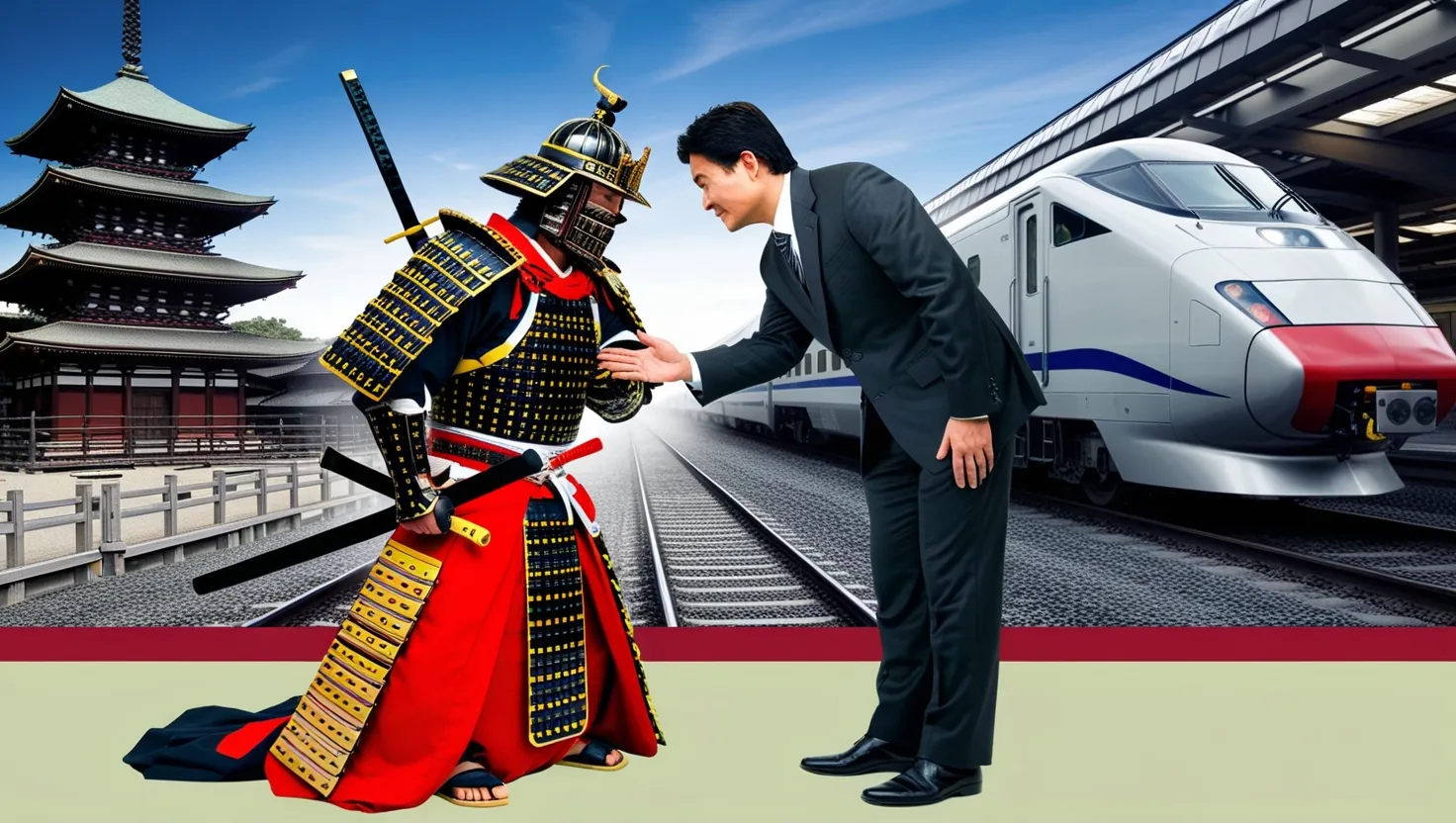The Indian Parliament is the heart of India’s democracy, making laws and shaping policies. It’s a two-part system: the Lok Sabha (House of the People) and the Rajya Sabha (Council of States). The President of India heads the Parliament, while the Prime Minister runs the government.
The Lok Sabha is the lower house with 543 elected members, each from a different area. People vote to elect these members. There are also two members picked by the President to represent the Anglo-Indian community. Lok Sabha members serve for five years, though it can be dissolved earlier.
The Rajya Sabha, or upper house, has 250 members. Out of these, 238 are elected by state legislative assemblies, and 12 are chosen by the President for their work in fields like literature, science, and social service. Rajya Sabha members serve for six years, with one-third retiring every two years.
The President has significant powers like calling sessions of Parliament or dissolving the Lok Sabha. But these powers are used based on advice from the Prime Minister and the Union Council of Ministers. The President also appoints the Prime Minister and other ministers who run the country.
The main job of Parliament is to pass laws. Bills can start in either house and go through three readings before being passed. The judiciary checks these laws to make sure they follow the Constitution. If not, the Supreme Court can declare them invalid.
Parliament also keeps an eye on the executive branch. It can vote out the government with a no-confidence motion. Members can ask ministers questions, discuss urgent issues, and pass motions that express disapproval of government actions.
Parliament handles the country’s finances, approving the Union Budget and all financial bills. Committees like the Public Accounts Committee and the Estimates Committee make sure the government spends money properly.
Parliament can amend the Constitution too, needing a two-thirds vote in both houses to do it. It helps elect the President and Vice President and can punish members for misconduct.
In short, the Indian Parliament is key to democratic governance. With the President at the helm, and the Lok Sabha and Rajya Sabha making it up, it balances making laws, overseeing the executive branch, managing money, and amending the Constitution. It’s crucial in keeping the government accountable.
